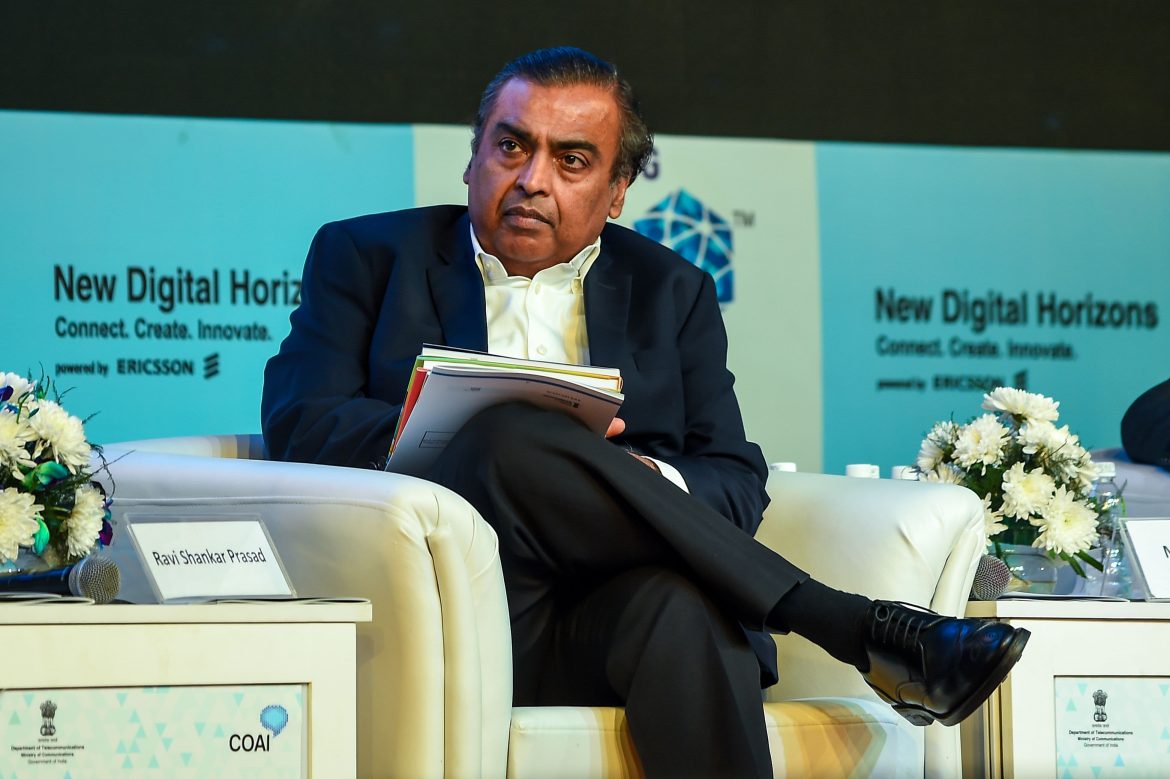A Strategic Decision Amid Global Economic Turmoil
Mukesh Ambani, Asia’s richest man and the chairman and managing director of Reliance Industries, has not drawn a salary from his company for the past five years. This decision, initiated during the COVID-19 pandemic, was aimed at easing the company’s financial pressures during a time of unprecedented global economic uncertainty.
Ambani, whose net worth is estimated at around $98 billion according to the Bloomberg Billionaires Index, has long been seen as the driving force behind Reliance Industries. The conglomerate operates across sectors including energy, petrochemicals, retail, and telecommunications. Despite his personal wealth, Ambani chose to forgo any personal compensation to demonstrate solidarity with employees and safeguard the company’s financial stability.
Salary History and the Shift in Policy
Before the pandemic, from 2008 to 2020, Ambani’s annual salary was approximately 150 million Indian rupees (around $1.8 million). This figure was notably capped for over a decade, as Ambani resisted the trend among corporate executives to increase personal pay packages in line with rising profits.
Company filings confirm that since 2020, Ambani has not only waived his salary but has also declined any allowances, bonuses, or stock-based benefits. The move aligns with cost-cutting measures implemented across many Indian companies during the pandemic to protect jobs and operational budgets.
Family Members Continue to Receive Compensation
While Ambani himself has taken no pay, his children — Anant Ambani, Akash Ambani, and Isha Ambani — continue to receive annual compensation of approximately 23.1 million Indian rupees ($277,000) each for their executive roles in the company. All three have been increasingly active in leadership positions, with Akash heading Reliance Jio, Isha overseeing Reliance Retail, and Anant focusing on the group’s energy transition plans.
Nita Ambani, Mukesh’s wife, served as a company director until August 2023. In that role, she was paid sitting fees amounting to 200,000 Indian rupees ($2,400). Her involvement in Reliance includes chairing the Reliance Foundation, the group’s philanthropic arm.
Symbolism and Corporate Governance
Mukesh Ambani’s decision to forgo his salary has been widely interpreted as a symbolic gesture of responsible corporate governance. It reflects a willingness to prioritise the long-term health of the company over personal financial gain, particularly during an era when executive pay is often a subject of public criticism.
Industry analysts note that while such actions are rare among billionaires, they can have a significant impact on a company’s internal morale and public image. “It sends a message that leadership is prepared to make personal sacrifices,” said one Mumbai-based corporate governance expert. “In times of crisis, these symbolic acts can help retain investor confidence.”
Reliance Industries in Numbers
Reliance Industries is India’s largest publicly traded company by market capitalisation, valued at over $200 billion. In the financial year 2023–24, it reported consolidated revenues exceeding $120 billion, driven by its diversified portfolio. Reliance Jio, its telecom arm, is India’s largest mobile network operator with more than 450 million subscribers. Reliance Retail serves over 260 million customers annually.
Despite its vast size, the company faced challenges during the pandemic, including disruptions in supply chains, reduced consumer demand in certain segments, and volatility in global oil prices. The pay waiver by its chairman, while not financially transformative in isolation, formed part of a broader narrative of fiscal prudence.
A Broader Trend or a Rare Example?
Globally, some corporate leaders have also taken similar steps in times of crisis. For instance, during the height of COVID-19 in 2020, CEOs of major airlines and hospitality companies reduced or forgave their salaries to signal solidarity with staff. However, in most cases, such gestures are temporary.
Ambani’s five-year continuation of the policy makes it an unusually long-term example. Whether he will resume taking a salary remains unclear, as Reliance Industries has not made any official announcement on the matter.
Mukesh Ambani’s personal wealth continues to grow through dividends and the performance of his equity holdings in Reliance Industries. Yet his decision to forgo a salary remains a standout example of corporate restraint at the very top of India’s business hierarchy.















